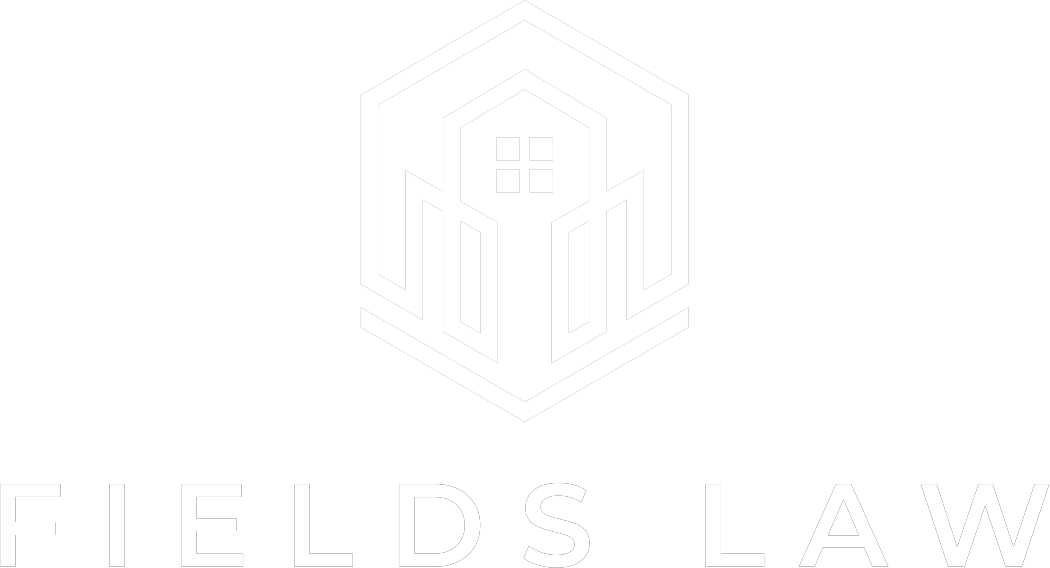The 2025 Texas legislative session wrapped on June 2, 2025, with relatively few enacted bills affecting homeowners associations (HOAs). However, several key changes were signed into law, and Texas HOAs should take note. Below is a summary of the most relevant new legislation, including a major omnibus bill that revises several sections of the Texas Property Code. All laws listed below take effect on September 1, 2025, unless otherwise noted.
House Bill 431 – Solar Roof Tile Protection
HB 431 expands existing protections for solar energy devices by clarifying that solar roof tiles are included within the definition. Associations may not prohibit owners from installing these tiles under restrictive covenants.
House Bill 517 – Lawn Maintenance During Water Restrictions
This bill prohibits HOAs from fining owners for failing to maintain green lawns during periods when municipal or utility-mandated watering restrictions are in effect. Owners are also protected for up to 60 days after those restrictions are lifted.
House Bill 621 – Political Gatherings in Common Areas
HB 621 prevents HOAs from banning political meetings in common areas. Owners or residents may invite qualified candidates or public officials to meet with members or residents. HOAs may still apply existing rules that govern other types of gatherings, such as occupancy limits, rental fees, or reservation requirements. The law excludes common areas used only seasonally or those not generally available for gatherings.
Senate Bill 711 – The Omnibus HOA Reform Bill
SB 711 brings significant reforms across multiple chapters of the Texas Property Code, including Chapters 82, 202, and 209. The law is substantially similar to a 2023 version that was vetoed and is now officially enacted. Key provisions include:
Condominium Association Transparency (Chapter 82)
- New Website Requirements: Associations with 60+ units or a management company must maintain a website and publish their Dedicatory Instruments online.
- Management Certificate Updates: The certificate must now include the association’s website, fee schedules, and manager contact information. A copy must be filed with TREC within 7 days of recording. Late or missing certificates prevent associations from recovering attorney fees in assessment collection.
- Resale Certificate Cap: The fee for resale certificates is now capped at $375.
Security Devices and Fence Regulations (Chapter 202)
- Associations may now prohibit certain fence placements, such as those blocking sidewalks, public areas, or drainage easements.
- Fences in front yards may be banned if allowed by restrictive covenants, but homeowners with preexisting fences (as of September 1, 2025) are grandfathered.
- Exemptions apply to owners with law enforcement protection needs or who are shielded from public disclosure laws.
Architectural Committee Appointments (Chapter 209)
- Associations with more than 40 lots must solicit candidates at least 10 days in advance before appointing or electing members to the architectural committee.
- Notices must be sent by mail or posted in a visible place and emailed to registered members.
- Only those who express interest by the deadline are eligible to be appointed unless vacancies remain.
Senate Bill 2629 – E-Voting at Membership Meetings
SB 2629 encourages broader use of electronic voting. Both Chapter 82 and Chapter 209 have been amended to:
- Allow electronic voting at meetings, provided safeguards are in place to verify voter identity and preserve records.
- Require HOAs to permit voting by proxy, absentee ballot, or electronic ballot at a minimum.
What This Means for HOAs and Property Owners
While 2025 brought fewer legislative changes than anticipated, the new laws will still require operational updates, policy revisions, and improved transparency for many associations. HOAs should review their governing documents, management certificates, and voting procedures to ensure compliance before the September 1, 2025 deadline.
If your association needs help navigating these updates or amending governing documents, Fields Law is here to help. We work with HOA boards, property managers, and homeowners throughout Central Texas to ensure compliance and avoid unnecessary disputes.


